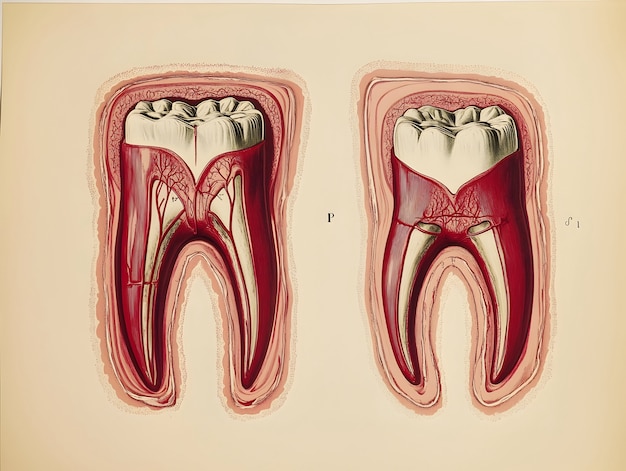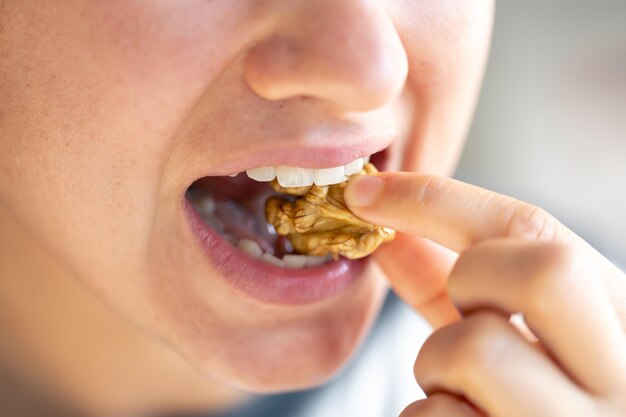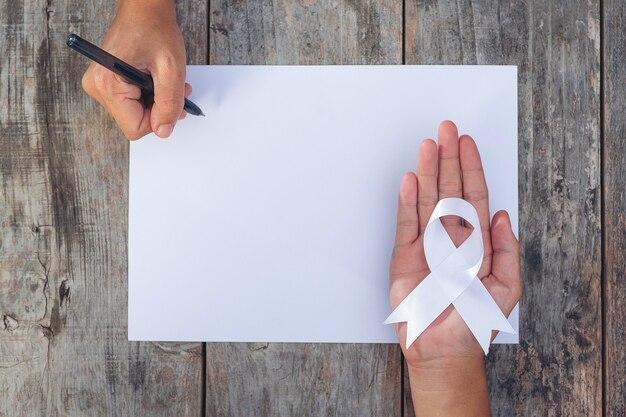
We all hope to keep our natural teeth forever, but sometimes dental issues make tooth extraction necessary. This medical procedure involves permanently removing a tooth from its socket, usually as a last resort when other treatments haven’t worked. Reasons for extraction include severe damage, decay, impaction, and overcrowding of teeth.
If you need a tooth extraction to improve your oral health, proper preparation can make the process smoother. Here are some tips to help you get ready.
First, choose a reputable hospital. It’s important to select a health facility that specializes in treating oral health problems. Look for one with a good reputation by checking online reviews and patient feedback. A hospital with positive reviews is more likely to provide quality care.
Next, consider the cost. Dental services aren’t free, so you’ll need to plan how to pay for the extraction and any necessary medications. If you have medical insurance, use it to cover the costs. If not, consider using your savings, seeking financial help from family or friends, or exploring dental grants and crowdfunding options. Some charities also offer financial aid for dental procedures.
To ensure a comfortable experience, avoid eating for about 12 hours before your extraction to prevent nausea. If you’re getting a local anesthetic, ask your dentist if you can eat beforehand. It’s also a good time to quit drinking alcohol, as it can cause complications during and after the procedure. Alcohol affects blood circulation, breathing, and the effectiveness of anesthetics, leading to issues like excessive bleeding and delayed healing. Similarly, avoid smoking, as tobacco can cause infections and prevent healing.
Share your medical history with your dentist to avoid any allergic reactions or complications from medications. Bringing sedatives and painkillers can help manage anxiety and pain during and after the procedure. You might also need antibiotics to prevent infection. Always consult your dentist before taking any medication.
Arrange for transportation ahead of time since you might feel fatigued or have a headache after the extraction. Whether it’s a friend, relative, or a taxi, make sure you have a plan to get home safely. You’ll also need help with daily chores like cooking, cleaning, and childcare while you recover.
After the procedure, avoid hard foods for the first 24 hours to protect your socket and gums. Opt for soft or liquid foods and eat plenty of fruits to promote healing. Ensure you get a good night’s sleep before and after the extraction to reduce anxiety and support your immune system. Light exercise before the procedure can help you sleep better.
Following these tips can help you prepare for a dental extraction and ensure a smoother recovery process. Remember, although extracting a tooth can improve your oral health, good preparation is key to avoiding complications and promoting quick healing.



